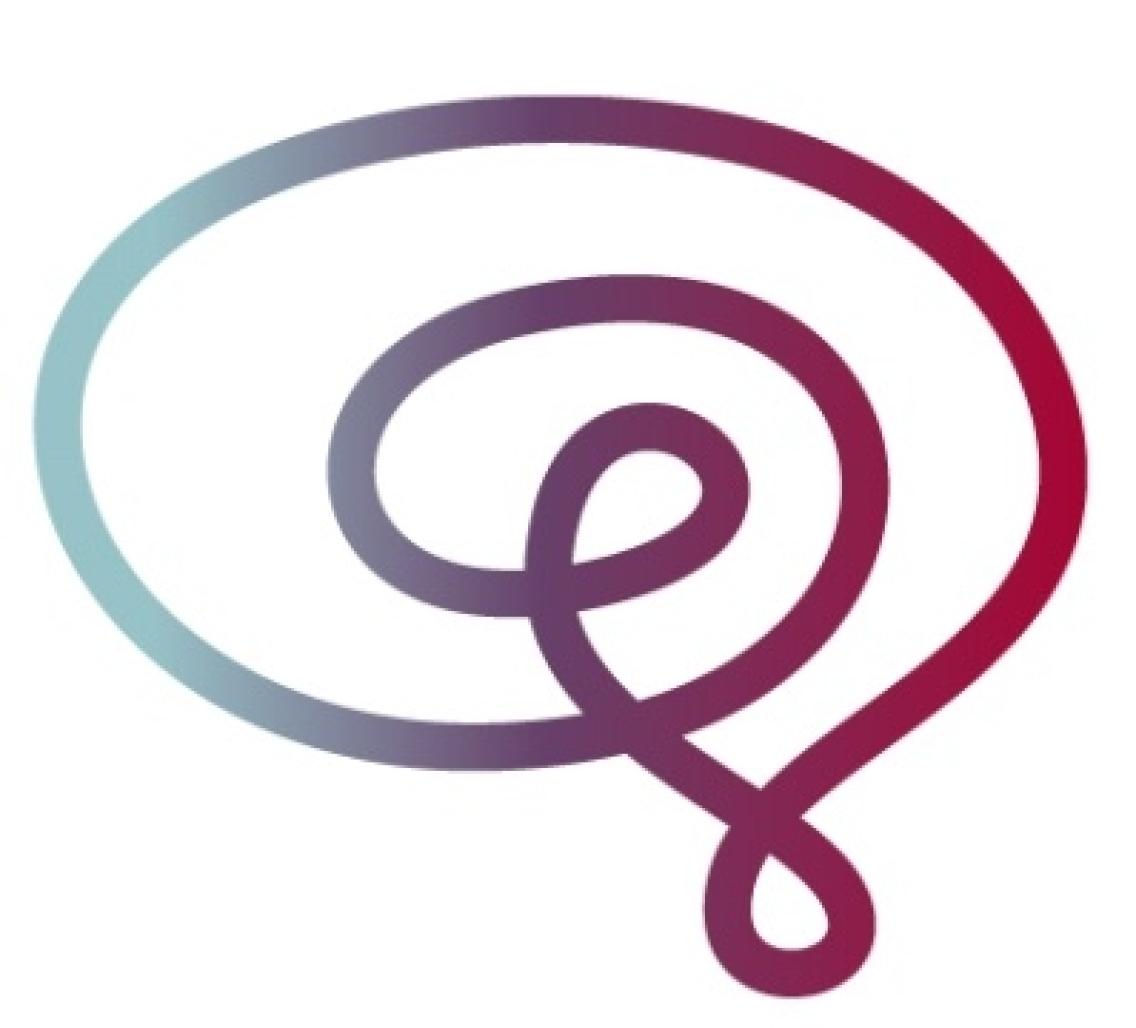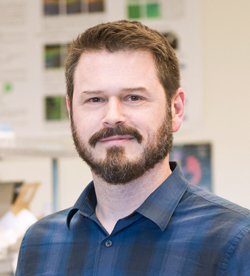Event Details:


Marc Freeman, PhD
Director and Senior Scientist,
Vollum Institute at Oregon Health & Science University
Host: Jun Ding
Abstract
Nervous system injury has broad effects on neurophysiology and functional connectivity in circuits, but how injury signals are spread through neural tissues is not known. We have been exploring how axotomy changes the physiology of severed axons and adjacent uninjured neurons in a simple nerve in vivo. Within hours after injury, we observed a suppression of axon transport in all axons in the nerve, whether they were severed or uninjured, and decreased mechano- and chemosensory signal transduction in intact sensory neurons. Surprisingly, the axon death gene dSarm was required for all of these early responses to injury, including blockade of sensory signaling in uninjured neurons, where it signaled with the voltage-gated calcium channel Cacophony (Cac) and MAP kinase. Intact neurons recovered within 12 hours after injury and survived, while severed axons executed axon death through dSarm/Axed signaling, independent of MAPK. This work identifies a new, early and broad role for dSarm in promoting injury-induced changes in neurophysiology shows that dSarm functions even in intact neurons after injury without driving axon destruction, and identifies a new role for Cac/dSarm/MAPK signaling pathway in the spreading of signals that modify neural circuit function after injury.